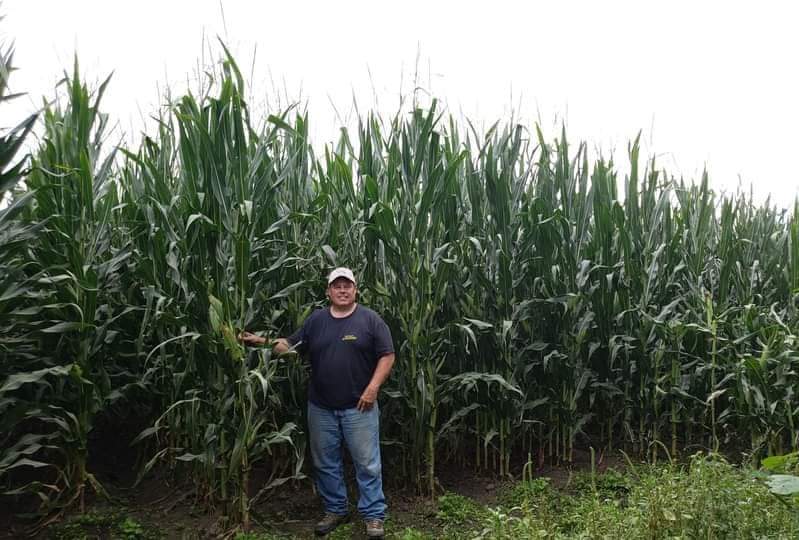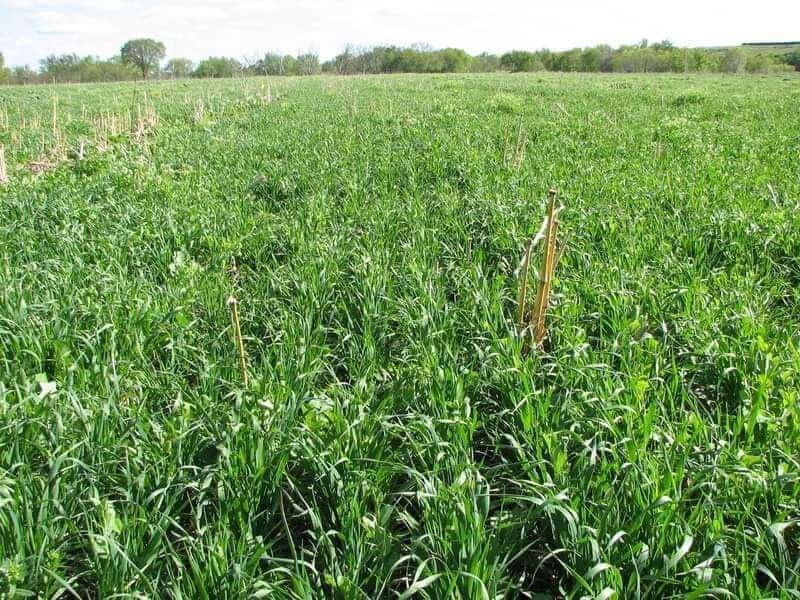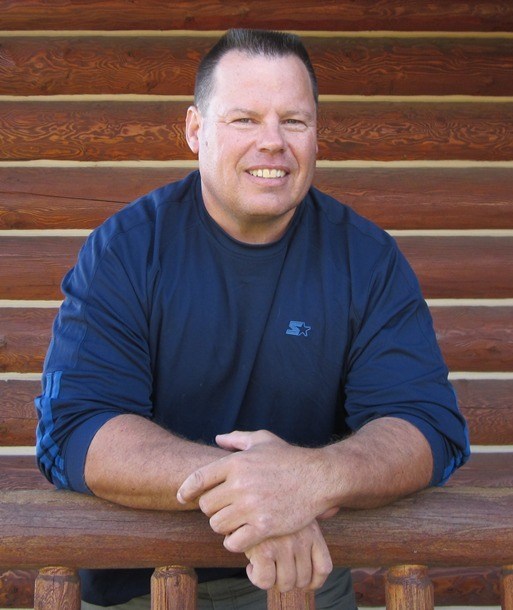When I quit my high-profile job at the University of Massachusetts 30 years ago and came home to farm in Nebraska, I started growing corn and alfalfa, relying on lots of inputs to maximize my yields. It didn’t take long for me to get disillusioned with high-input, chemical-based farming: After I paid all my bills, there was rarely any profit left for me.
Everyone talks about farming as a lifestyle. That may be true, but farming is a business first: If you want to keep doing it, you have to make a profit. Bankers don’t care how many bushels you produce. They want to be paid in dollars. They also want to see that your business is profitable!
My profits improved the first year I began farming regeneratively and organically. I’ve found that the key to maximizing profitability is to reduce or even eliminate inputs, and then add value on the marketing end. Not only are my seed costs lower than conventional GMO seed costs, I’m also immune to all the outrageous fertilizer prices — which are now three to four times higher than what they were a couple years ago. I haven’t purchased any chemicals or commercial fertilizers in over 20 years. My cattle graze year-round and are integrated into my cropping system using an Adaptive Multi-Paddock (AMP) system. This symbiotic relationship improves soil health and fertility. Using these practices, I’ve been able to increase the soil organic matter on my crop fields from 1.5% to over 6%.

Organic field corn! No chemicals, fertilizers, or any soil amendments for 16 years. Fertility from cover crops and grazing cattle and sheep has raised the soil organic matter to 6%.
Because of the money I save on inputs, combined with my value-added premiums, my profit levels are much higher. Organic markets are also less volatile, and the demand continues to increase for our products. The goal in my farming business is to average at least $1,000 per acre in NET profit on my cash grain crops year in and year out. Some years we exceed that, other years it has been less, but we have always made a decent profit. That definitely wasn’t the case when I farmed conventionally. So many farmers have been brainwashed into prioritizing their yields over their profits, only to become serfs on the land beholden to the large ag conglomerates selling high-priced inputs that will supposedly improve production. In reality, the corporations are the ones who are reaping the profits, not the farmer.
And the thing is, when you prioritize profit, you don’t need as many acres to make a good living. The “get big or get out” mentality has tricked farmers into spending millions to expand their operations while overlooking profitability. Even more troubling, it creates an attitude where it becomes more important to have your neighbor’s land than it is to have your neighbor. And that trend has led to the demise of our rural communities.

“No field ever left uncovered” is one of the secrets to growing great soil and organic crops.
Farmers deserve to make an income level that is congruent with any other profession in the community. To achieve that, we need to radically change how we talk about success. High yields are great, but at the end of the day, a farm has to be profitable. Focusing on ways to stay profitable will help us keep the farms we have — and, more importantly, will help attract more young people to the profession. With the average American farmer being almost 60 years of age, we are going to need a lot of new farmers on the land in the near future. Regenerative practices can help achieve the level of income and quality of life that is needed to make our profession attractive to future generations!
This article first appeared in the 9th Edition of Green Cover's Soil Health Resource Guide.
Also check out the 11th edition, our latest Soil Health Resource Guide, over 90 pages packed with scientific articles and fascinating stories from soil health experts, researchers, farmers, innovators, and more! All as our complimentary gift to you, a fellow soil health enthusiast!

